In Principles of Philosophy of Right, Hegel said: "In essence, China has no history. It constantly repeats the collapse and change of the dynasty, and the whole country has not made any progress in the process. " In short, in the words of Professor Zhang Guogang, it is "in Hegel’s eyes, China is nothing".
The question is: Is Hegel’s evaluation of China’s history correct? In fact, this evaluation is not worth refuting at all, but it can’t stand the fact that there are many filial sons and grandchildren, and Hegel’s words are always regarded as the standard to belittle Chinese civilization. Therefore, the author will give three examples to see how absurd Hegel’s words are.
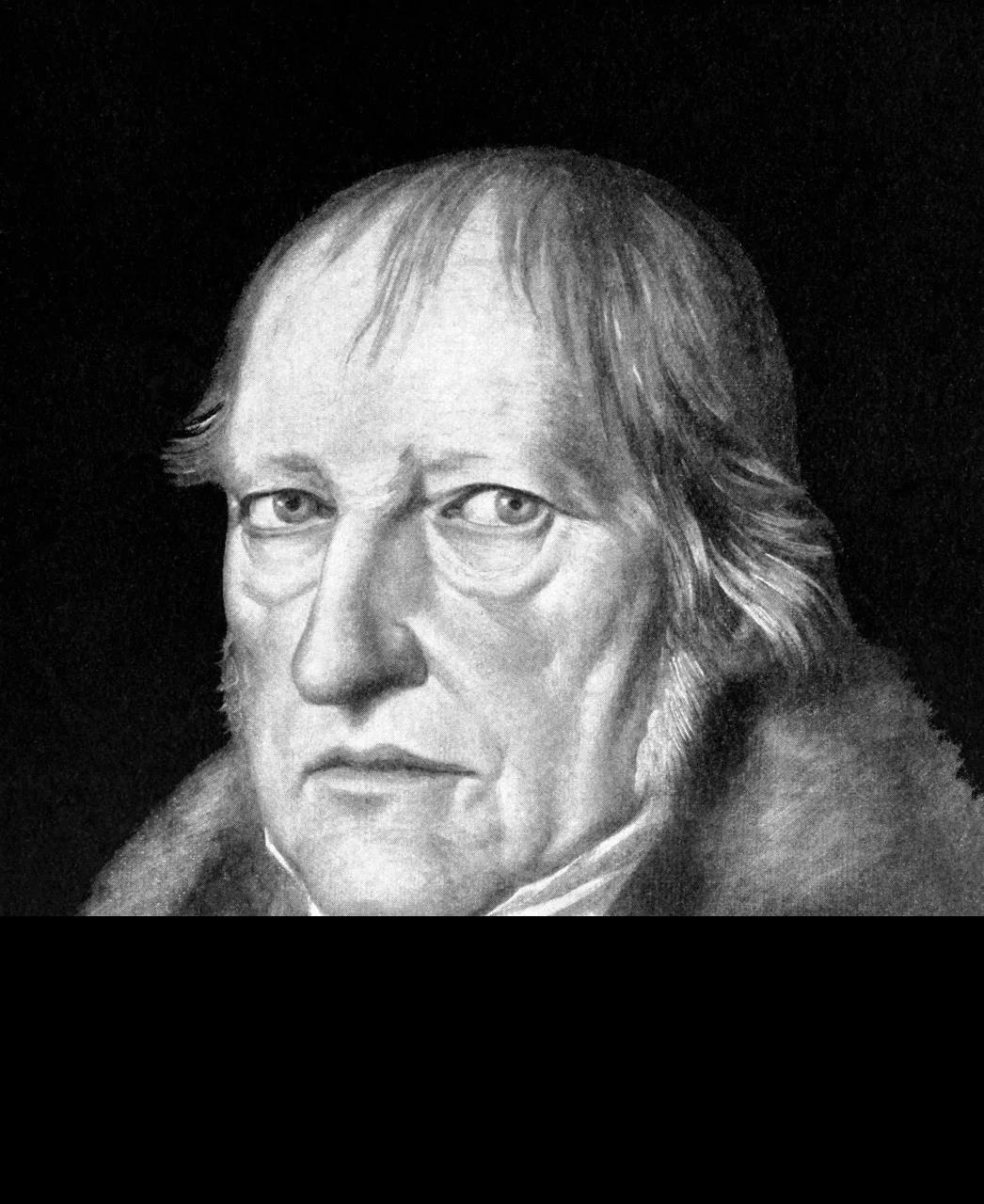
Europe is almost as big as China, but why are there so many countries in Europe and China unified? There are many reasons, but one of them is related to ethnic integration.
The Chinese nation was not formed overnight, but gradually merged over thousands of years and finally formed the Chinese nation. Among them, there are counter-currents and measures to promote integration.
Let’s not talk about the distant history and countercurrent for the time being. Let’s talk about three important periods of promoting national integration after the Han Dynasty: first, the sinicization reform of Emperor Xiaowen of the Northern Wei Dynasty, and finally the Xianbei nationality was completely integrated into the Chinese nation; Secondly, the Tang Dynasty was broad-minded to accommodate foreigners, and even An Lushan, Shi Siming and other heavily armed people were foreigners; The third is that Zhu Yuanzhang accepted millions of semu people, Mongols and others and integrated them into the Chinese nation.
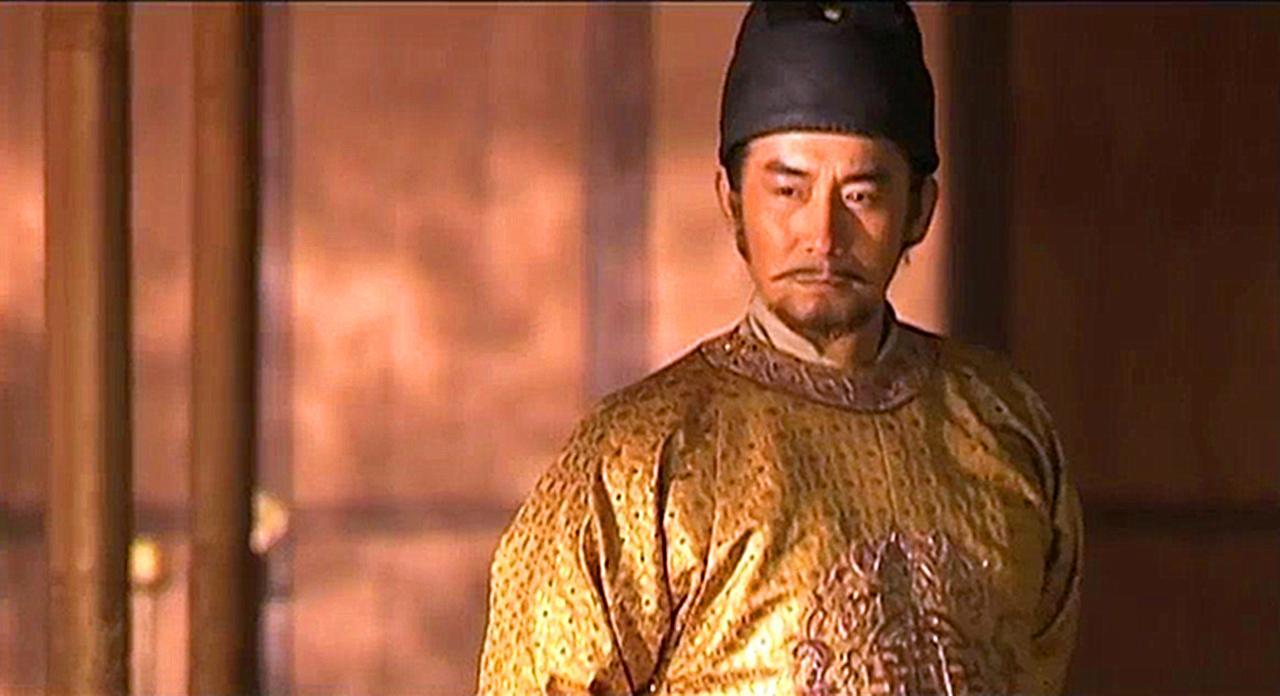
There are great differences between different ethnic groups, and it will take a long time, mind and wisdom to get together.Then, isn’t the history of national integration of the Chinese nation a history of progress?For thousands of years, Europe is still fragmented and still can’t be integrated, so from the perspective of national integration, Europe has no history in essence.
It should be noted that the tolerance of Chinese civilization to different ethnic groups and cultures is exactly what the world needs at present. According to the western law, unless other civilizations are eliminated by the west, all ethnic groups in the world will never be integrated, but Chinese civilization can tolerate different civilizations and is conducive to the integration of all ethnic groups in the world. Isn’t such a Chinese civilization a contribution to mankind?
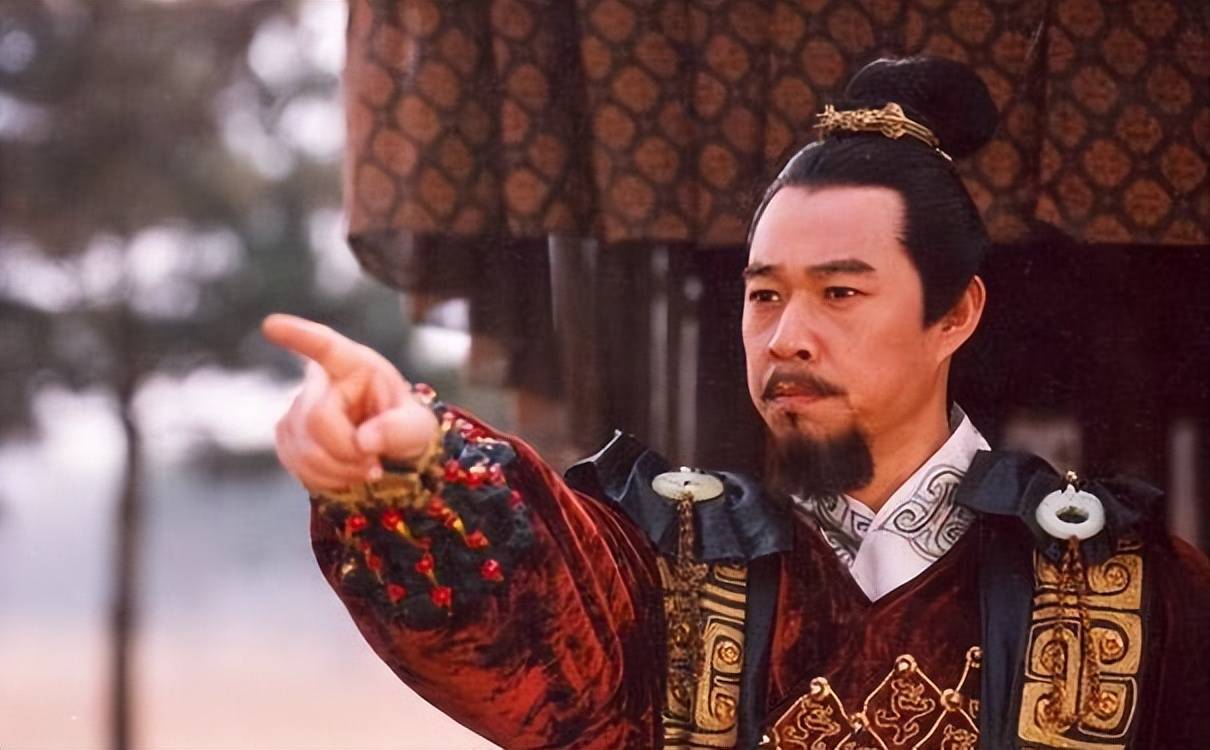
After Qin Shihuang unified the six countries, a centralized and unified political system was established, but there were many defects in the unified system of the Qin Dynasty, one of which was that the Qin Dynasty was still aristocratic politics and lacked "local representatives".
After the Han Dynasty, the wise and virtuous system was introduced, such as Liu Bang’s introduction."Seeking talents", selecting talents from the people. What really changed was Emperor Wu of the Han Dynasty, who introduced the inspection system, which had unified criteria and examination methods for selecting talents and recommended talents from the bottom up.More importantly, Emperor Wu of the Han Dynasty gave every county a quota of candidates, which is equivalent to the fact that people from every place came out to be officials, and local talents had a way out, so it was naturally not easy to rebel, and the object of investigation, regardless of origin, also broke the aristocratic political pattern.
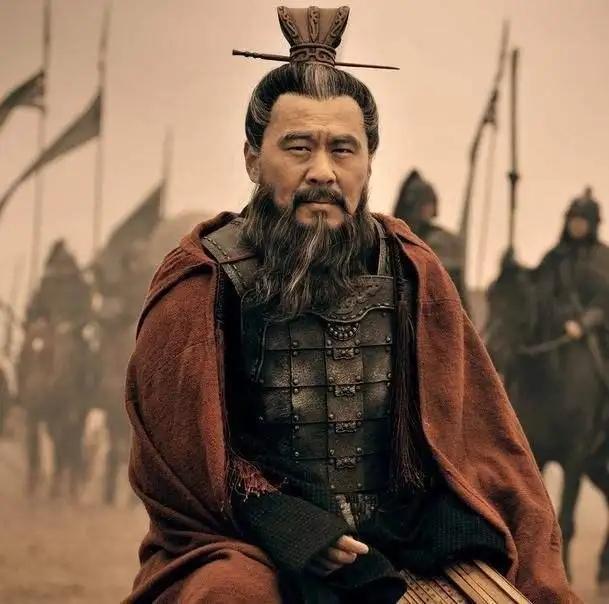
Of course, the imperial examination system gradually became stale and became a game for aristocratic families. Cao Cao launched "meritocracy" to try to resist, but eventually failed. After the Jin Dynasty, aristocratic families became stronger and stronger. Therefore, another round of reform began in the Sui and Tang Dynasties, that is, the imperial examination system was introduced. The imperial examination system was not mature at the beginning, but gradually improved. Even in order to ensure the scientific examination in backward areas, the method of "zoning quota" was adopted, so that the central court always had people from all over the country to participate.
For thousands of years, Europe was backward in official system and aristocratic politics, and the class was seriously solidified, but China had already broken the aristocratic politics and class solidification. In contrast, who is more progressive and who is more stagnant?
It is worth mentioning that the West has always labeled China as "autocratic" in ancient times, but with representatives from all over the country participating in the imperial court, the imperial edict needs the seal of the relevant departments to have formal legal effect (the emperor directly issued it as "the imperial edict", and the prime minister can reject it), so can it be called "autocratic" as a whole?
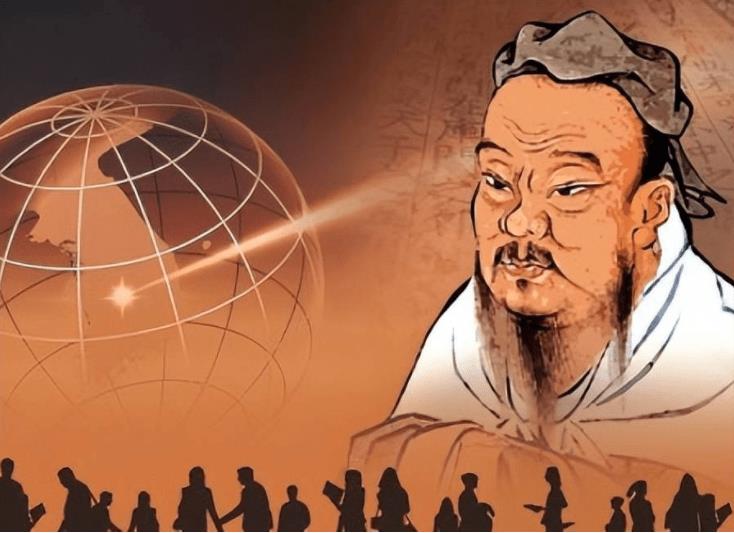
About 14,000 years ago, cultivated rice appeared in China, which was the earliest agricultural origin in the world. In the next tens of thousands of years, the continuous progress of agriculture in China has also promoted the historical progress of China, such as the following three points (agricultural technology has been widely known, let’s not talk about it for the time being):
First of all, the climate in China is characterized by four distinct seasons, and the sowing period is very short, so it is necessary to make clear the "farming season", otherwise there will be famine in the coming year.As a result, the astronomical development in China was promoted, that is, "observing the images and giving time". The agricultural time was determined by setting tables and observing the stars, and the more accurate the agricultural time was, this was an important prerequisite for the ancient agricultural development in China.
Secondly, the so-called "workers must sharpen their tools first if they want to do a good job", and if agriculture wants to develop greatly, they must need advanced farm tools, and China’s ancient farm tools are indeed more advanced. For example, wooden hoes (which evolved from bones, and the following picture shows the Jinsha site in Shang and Zhou Dynasties) are like shovels, as well as plows (which later evolved into curved plows, etc.), and plows (which were invented in the Han Dynasty).
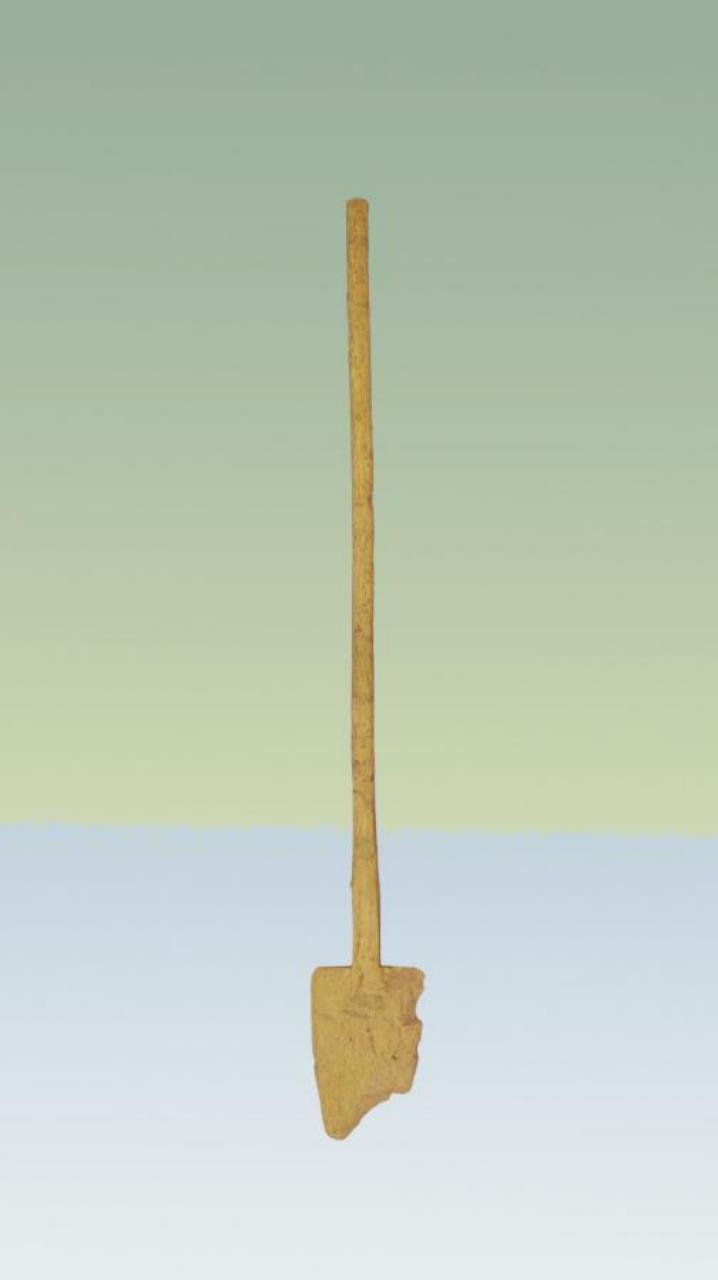
Third, the cultivated land conditions in China are not good. Many cultivated lands we see today are not born, but were slowly developed by the ancient people. For example, "the lake is wide and ripe, and the world is full", which was only available in the middle and late Ming Dynasty, because there were many swamps before and the development conditions were not good. Is this reclamation to feed countless people in China a historical progress?
Agriculture is the most basic industry, there is not enough food, and everything else is a mirage.Hobson said in The Oriental Origin of Western Civilization: In agriculture, "Europe as a whole did not reach the level of China (Song Dynasty) in the 12th century until the 20th century." So, from the perspective of ancient agriculture, does the west have history or does China have history?
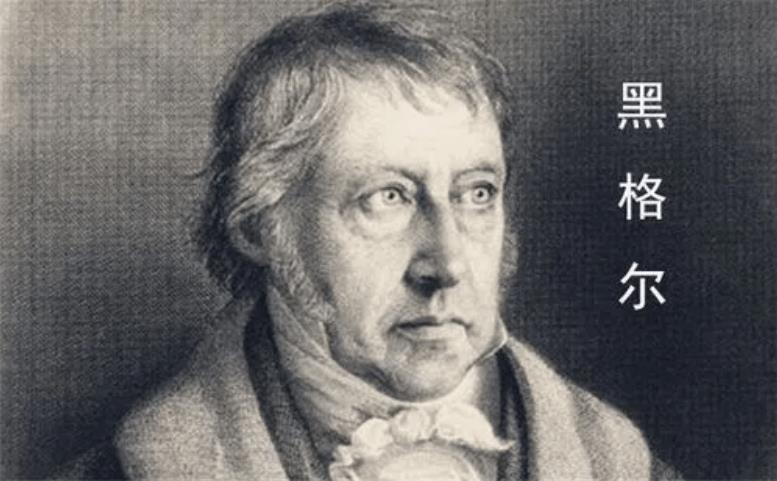
In fact, as long as you know a little about China’s history, you will find that China has been making progress, not a simple dynasty change, but not as fast as the modern development of the West (before modern times, the West has been in a state of stagnation). There are many reasons for the slow development of China, one of which is different from that in Europe. One China is worth the whole European countries. The place is too big and the population is too large, so it is difficult for big ships to turn around, while western countries are easy for small boats to turn around.
Therefore, Hegel said that China has no history, but only repeated dynasty changes, without any progress.Either Hegel’s ignorant remarks that he didn’t know the history of China at all, or he deliberately belittled China’s remarks. Judging from Hegel’s character and the identity of the founder of Eurocentrism, it is obviously deliberately belittling China.The reason is very simple, but there are always some people who regard it as a standard and think that Hegel’s right and Hegel’s evaluation of China is a conscience, which is hard to understand.